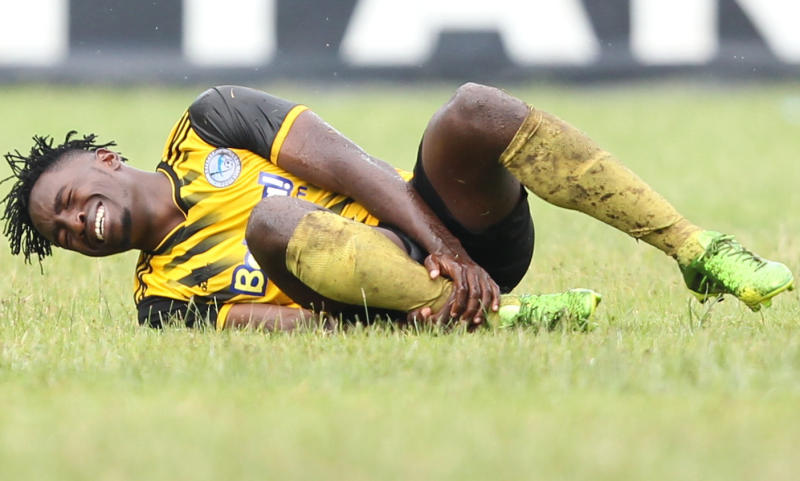×
The Standard e-Paper
Kenya’s Boldest Voice

The Kenya Premier League is facing one of its toughest financial tests in recent years. The topflight football is literally on its deathbed.
From the withdrawal of sponsorship, lack of prize money, inability to procure the 2019/20 season trophy to teams skipping matches and failure to pay players’ salaries, the once vibrant league in East and Central Africa appears to have lost its allure.